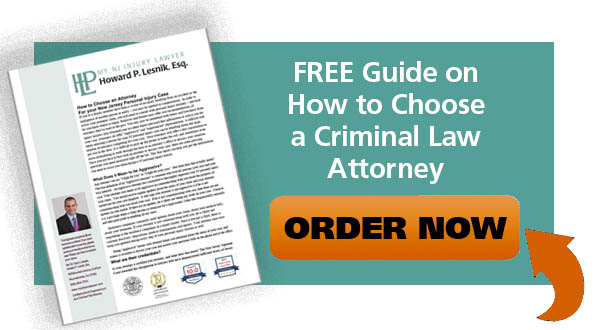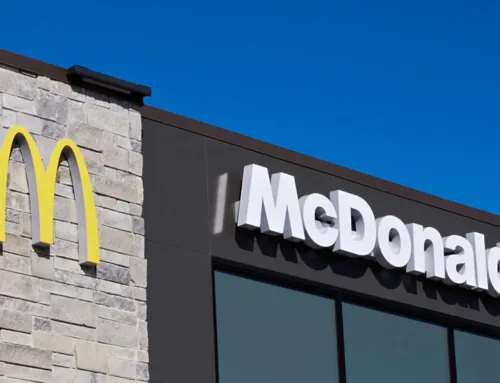The NJ Supreme Court Order
The New Jersey Supreme Court issued an order on March 22, 2020, which allowed the suspension or termination of county jail sentences for many inmates. This order was entered after an agreement was reached between the New Jersey Attorney General, the ACLU, the County Prosecutors, and the Public Defender. As a result, approximately 1,000 New Jersey inmates were released from jails in an attempt to curb the dangers of the extremely contagious COVID-19 pandemic. The NJ Supreme Court order applied to inmates being held on violations of probation, and those serving sentences for municipal court and low-level Superior Court crimes.
NJ Governor Murphy’s Executive Order 124

On April 10, 2020 New Jersey Governor Phil Murphy expanded on the Supreme Court’s order and signed Executive Order 124. The governor’s measure allows the New Jersey Commissioner of Department of Corrections to provide temporary release to certain high-risk inmates during the coronavirus pandemic. New Jersey now joins additional states in granting early release or parole to individuals incarcerated in state prisons.
Who Is Eligible For Release Under Executive Order 124
The governor’s recent executive order establishes an Emergency Medical Review board that will evaluate and recommend which inmates are eligible to me released to home confinement. This process is available through furloughs permissible by the state Department of Corrections. There are four groups of inmates that may qualify for early release:
- Inmates who are 60 years-old or older
- Inmates with underlying medical conditions that make them high risk. Some of the conditions that are high-risk include, people with chronic lung conditions, asthma, serious heart disease, high blood pressure, hypertension, diabetes, liver disease, kidney failure, and compromised immunities
- Inmates with less than 3 months left on their sentences
- Inmates who have been denied parole in the last 12 months.
The governor’s executive order makes it clear that it will NOT apply to all inmates. It does not apply to people serving sentences for some serious offenses. The executive order will not apply to people convicted of murder, kidnapping, rape, assault, or offenses subject to NERA.
What does the Emergency Medical Board Consider?
After the Emergency Medical Review board makes a recommendation, the victims and prosecutors will be notified and can object and request a hearing before release. The medical review board will consider (a) the inmate’s supervision during home furlough, (b) available medical treatment, (c) acceptable living arrangements, (d) risk of COVID-19 while on furlough.
The Department of Corrections will balance the safety and health of the inmate incarcerated in state prison with the safety and well-being of the public.
Family members or loved ones with individuals who are incarcerated for non-violent offenses with pre-existing medical condition or who are older, should consult with a New Jersey criminal defense attorney.
Contact My Office Immediately
I am a New Jersey criminal trial attorney board certified by the NJ Supreme Court. New Jersey’s pretrial detention and furlough laws are extremely complex. If you or a family member are incarcerated during the COVID-19 pandemic, you should consult with a criminal defense attorney to see if you qualify for release. Please contact me now by email, by phoning 908.264.7701, or by completing the form to the right to schedule your complimentary 30-minute strategy session.







